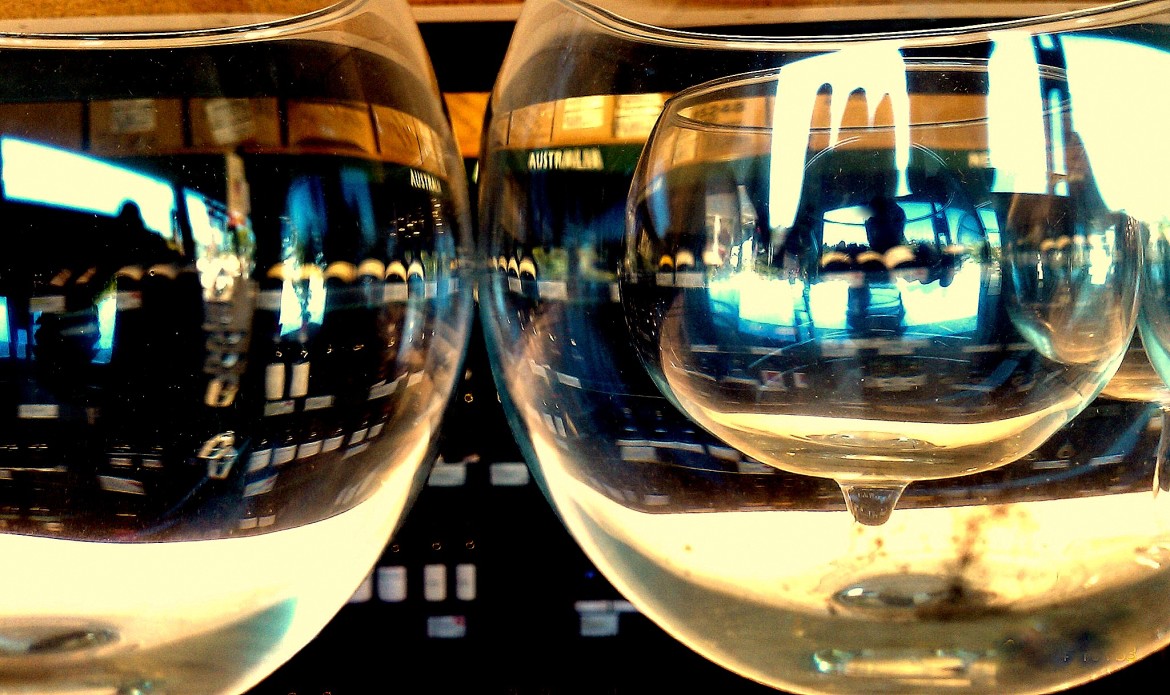Jennifer Berry
Girls’ Night Out, a CBC documentary film that premiered Feb. 26, says young women on school campuses are binge drinking more than ever, often with dangerous and detrimental emotional, social, and physical consequences as a result.
The film documents the experiences of several women between the ages of 18 and 24 at Canadian college and university campuses and weaves in first-person narratives from women like Jen McNeely, editor-in-chief of She Does the City and former self-proclaimed binge drinker and Sarah Hepola, author of the memoir Blackout.
It calls binge drinking among young women an “epidemic” and while some prominent media personalities have criticized the film and questioned its factual accuracy, the statistics around young women’s drinking habits are difficult to ignore.
According to the Public Health Agency of Canada (PHAC), 80 per cent of adult Canadians drink and “alcohol is a socially accepted part of everyday life for most Canadians.” Furthermore, the PHAC’s 2015 report on alcohol consumption states that risky drinking is currently on the rise among women. “In 2013, 56 per cent of women aged 15 years and older reported binge drinking (four drinks or more in one sitting) at least once in the previous year compared to 44 per cent in 2004.”

(Photo: CBC.com)
Ann Dowsett Johnston, author of the 2013 book Drink, The Intimate Relationship Between Women and Alcohol (on which the film was “inspired”), and respected authority on alcohol policy issues, told Humber News that the facts presented in the film are sound. She also said that binge drinking is “the one thing that’s going sideways for young women.”
“We’ve seen a clear and steady upward trend for young women from 15 and older since 2003 and when it comes to female consumption, risky drinking is growing, female binge drinking is rising 7 times faster than that for males, which is enormous, and the university age group that the documentary focuses on is the highest rate of risky drinking,” Dowsett Johnston said.
“That’s the group 18 or 19 to 24, so what we’re seeing is women are playing catch-up with men. Yes, they still drink less than men do, but men are slowing down and women are increasing.”
Dowsett Johnston said the biggest problem with young women and binge drinking is the normalization of drinking within mainstream culture.
“There’s a new feminized drinking culture normalizing binge drinking, so it’s sort of an equal opportunity disaster,” she said, pointing to marketing, self-medication, and pop culture’s depiction of drinking to decompress as the factors contributing to its “strong glamorization”.
“We’ve got the marketing, which started with the invention of alco-pop in the mid 1990s. It’s basically cocktails with training wheels to get young women, to steer them to shots to tequila to vodka. That totally paid off,” said Dowsett Johnston.

(Source: CBC.com)
Tala Woods, a first-year Baking and Pastry Arts Management student at Humber College, 18, said binge drinking, defined as 4 drinks or more in one sitting, is typical of her peer group.
“Four to five drinks is pretty normal. I guess it depends on the drink and how big the drink is, but yeah,” said Woods.
Ian Culbert, Executive Director of the Canadian Public Health Association (CPHA) told Humber News that binge drinking rates among young women are alarming from a public health perspective and agrees there is significant normalization of excessive drinking.
“I would say that it’s certainly accepted and normalized in that late adolescent, early twenties “subculture” on university and college campuses.”

